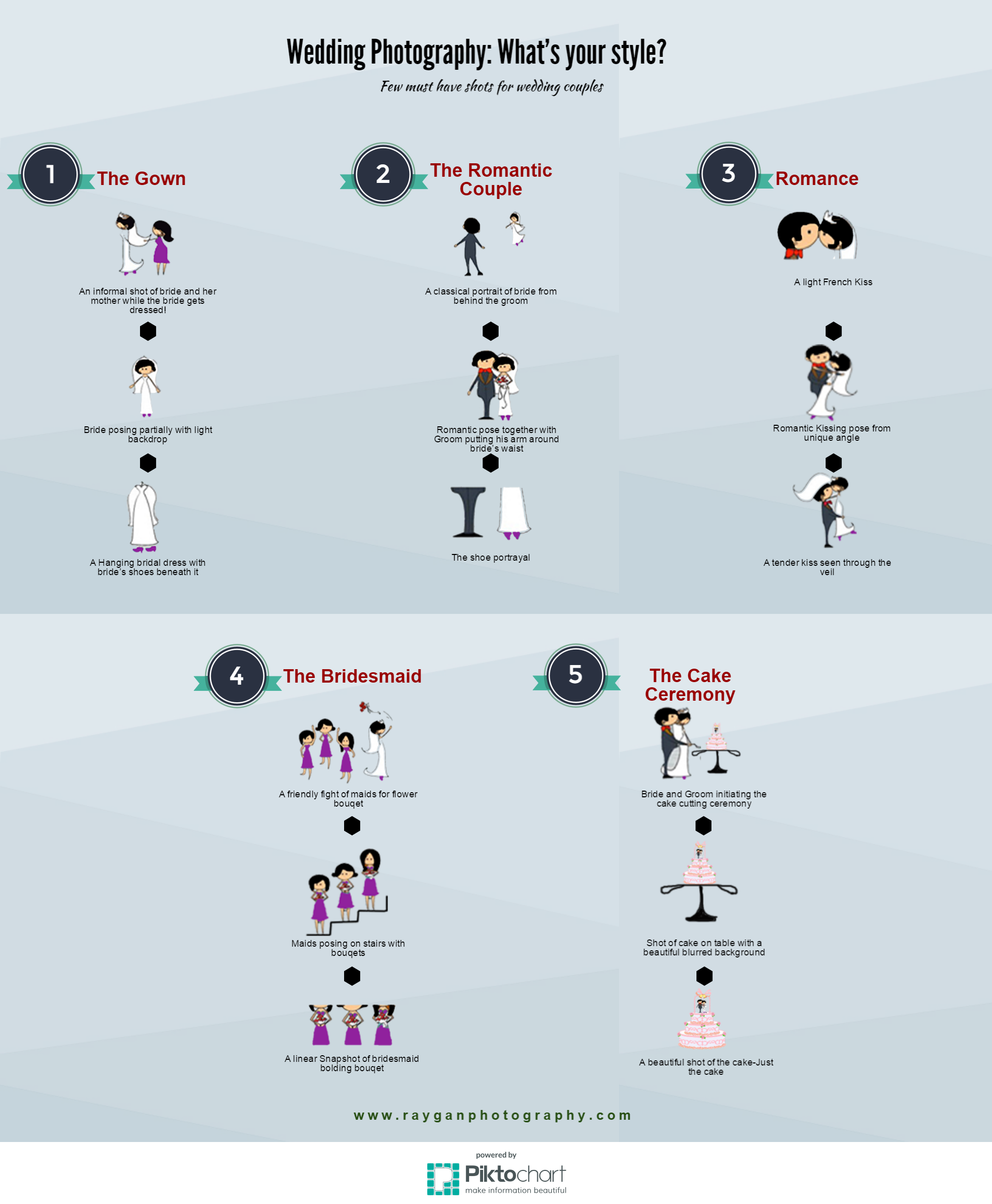Usual Mistakes New Photographers Make And Exactly How To Avoid Them
Usual Mistakes New Photographers Make And Exactly How To Avoid Them
Blog Article
Post Developed By- official site
As a brand-new photographer, it's very easy to get caught up in the allure of high-end gear and neglect the fundamentals that absolutely raise your craft. You may find yourself frustrated when your images do not show the vision you had in mind. Usual bad moves, like ignoring lighting principles or disregarding composition concepts, can hold you back more than you realize. However understanding these mistakes can change your method. Let's discover these mistakes and just how you can sidestep them to improve your photography journey.
Ignoring Lights Basics
Neglecting lighting principles is among the most significant errors new digital photographers make. You could think that recording a terrific picture is everything about your electronic camera settings or the most up to date gear, but the reality is, lights is essential. Appropriate illumination can raise your pictures from ordinary to stunning, and recognizing it can conserve you from numerous missed possibilities.
First, take notice of all-natural light. The golden hours-- soon after daybreak and prior to sunset-- use soft, complementary light that enhances your subject. Stay clear of extreme lunchtime sunlight, which can cast unflattering shadows. If you're firing inside your home, position your topic near windows to capitalize on diffused light.
Next, find out to adjust synthetic lighting. Experiment with various sources, like lights or exterior flash. Use Headshot portrait to jump light back onto your topic for a softer impact. Don't fail to remember that shadows can add depth; accept them rather than hesitating.
Ultimately, technique changing your cam setups according to the lights conditions. Understand how shutter speed, aperture, and ISO work together to attain the desired exposure.
Overemphasizing Tools
Numerous brand-new professional photographers come under the trap of believing that having the latest and best equipment will automatically enhance their photography. While it's alluring to think that a higher-end electronic camera or an elegant lens will certainly raise your work, the truth is that it's not just about the devices you use.
Your skills, creativity, and understanding of photography play a much bigger function in creating spectacular pictures. Investing in superior equipment can be advantageous, but it shouldn't be your key focus. Rather, concentrate on grasping the basics-- light, make-up, and narration.
You can take awesome photos with a simple camera if you recognize just how to use it effectively. Frequently, it's the digital photographer's vision, not the equipment, that makes the difference.
In addition, overemphasizing devices can bring about stress and exhaustion. You could find yourself frequently chasing the following item of equipment rather than refining your craft.
Neglecting Structure Principles
When you grab your camera, it's easy to focus exclusively on the topic, however overlooking make-up concepts can bring about uninspired images. Make-up is the backbone of digital photography; it guides the viewer's eye and creates a visual narrative. If you ignore it, your stunning topic may get shed in a chaotic structure.
Beginning by applying the rule of thirds. Imagine your framework split right into 9 equal components by two straight and two vertical lines. Position crucial elements along these lines or at their crossways for a well balanced and interesting shot.
Furthermore, consider leading lines. Use all-natural lines in your scene to attract the visitor's eye towards the subject.
Do not forget framework. Use bordering aspects to create a "frame within a framework." This strategy can add depth and emphasis to your topic.
Finally, focus on unfavorable space. Sometimes, less is much more. Permitting empty space can boost your prime focus and develop a more effective image.
Verdict
Finally, by staying away from these typical challenges, you can elevate your photography skills substantially. Focus on understanding illumination, make-up, and direct exposure as opposed to getting shed in pricey equipment. Don't ignore the power of post-processing, either-- it can truly transform your photos. Keep in mind to select the correct time of day for shooting, as illumination plays a critical function in your results. Accept these pointers, and see your digital photography thrive!
